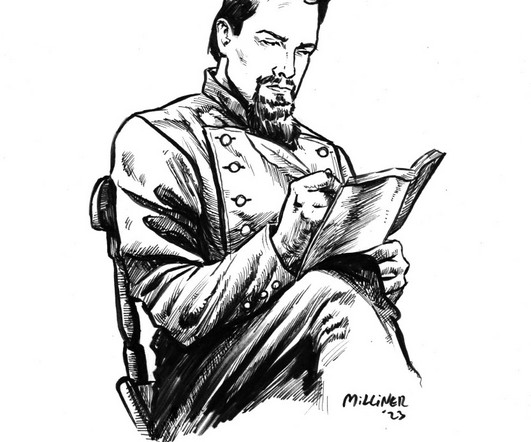Together: Using Inquiry to Teach the Armenian Genocide
C3 Teachers
MAY 5, 2025
Fast forward to 2024: I now support educators across more than twenty districts through Genesee Valley BOCES. In a grading calibration session, I shared that we were launching a regional Holocaust Educator Network (HEN), funded by a local synagogue that had recently closed. Their stories brought history to life for my students.












Let's personalize your content